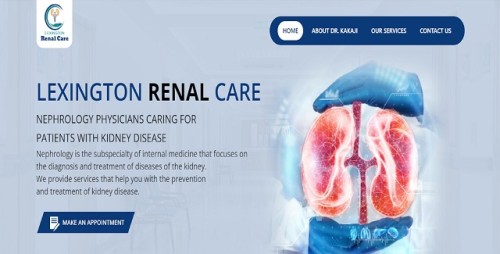Provides comprehensive care for patients who are facing kidney disease, transplants, dialysis, and hypertension. Our patients are our highest priority. We understand that eachpatient is unique and individual needs will be considered when deciding on treatment options.
Log in to Join this Profile
Members
Empty


